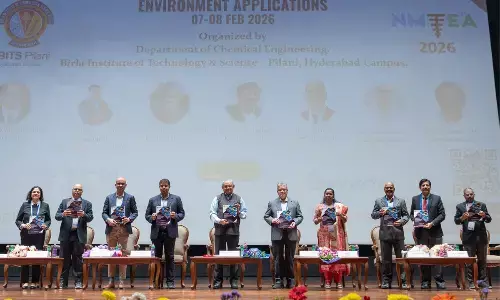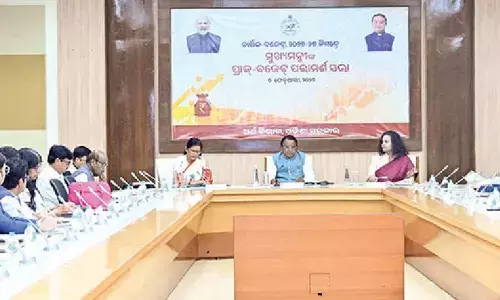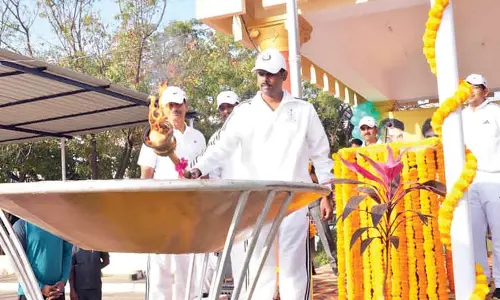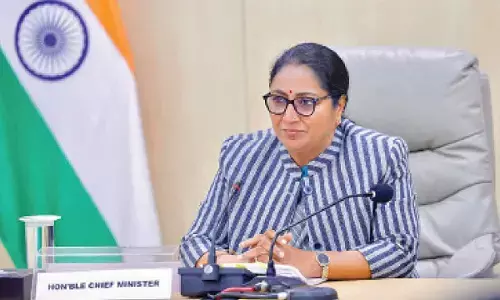The role of student communities in building skills
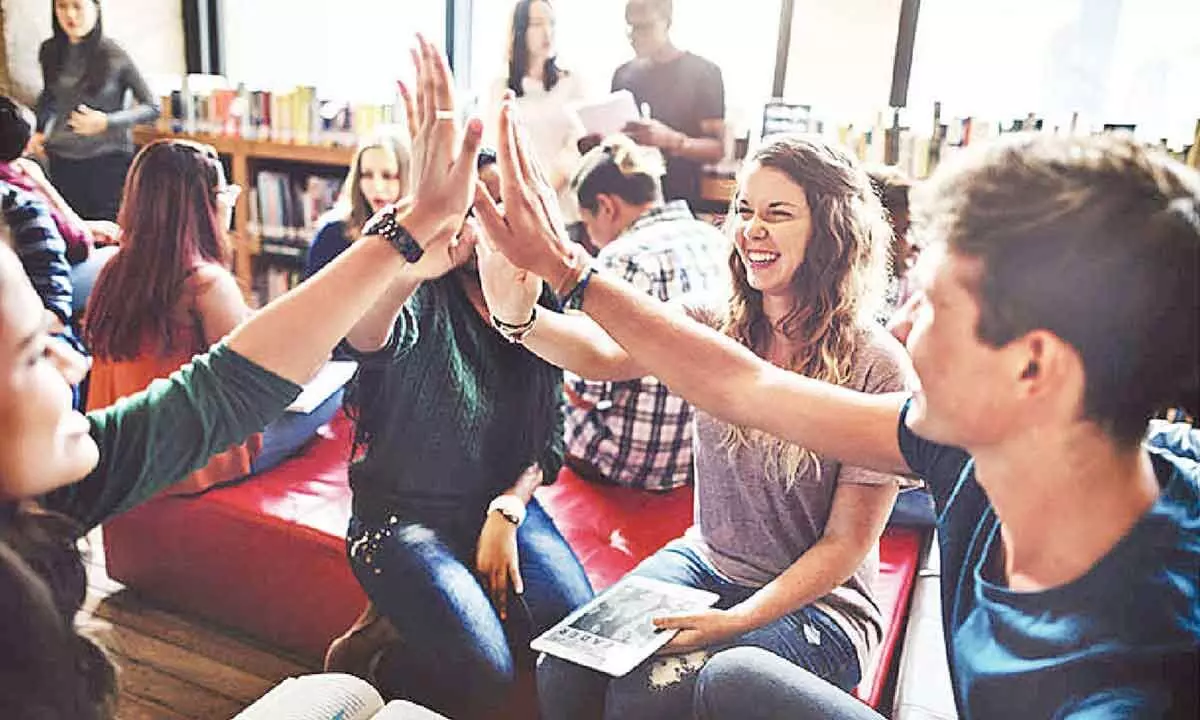
Student communities play a crucial role in skill development by offering an environment that fosters collaboration, leadership, and practical learning experiences beyond the traditional classroom.
Student communities play a crucial role in skill development by offering an environment that fosters collaboration, leadership, and practical learning experiences beyond the traditional classroom. These communities, often formed around shared interests, academic goals, or extracurricular activities, are essential in equipping students with the skills needed for their personal, academic, and professional success.
Fostering collaboration and teamwork
One of the primary ways student communities contribute to skill-building is by promoting collaboration. Whether in study groups, clubs, or project-based organizations, students work together toward common goals, which helps them develop teamwork skills. Collaborating with peers teaches students how to communicate effectively, resolve conflicts, and respect diverse perspectives. These experiences are invaluable in professional environments, where teamwork and cooperation are essential for success. By working within a group, students also learn how to divide tasks, manage their time efficiently, and ensure accountability. These experiences simulate real-world scenarios where individuals must rely on others’ strengths and work together to achieve objectives. Additionally, the informal nature of these collaborations helps students build interpersonal skills, as they learn to navigate relationships in both professional and social contexts.
Encouraging leadership and initiative
Student communities also provide platforms for students to step into leadership roles. Whether it’s becoming a club president, leading a team project, or organizing events, these opportunities foster leadership skills that are highly valued in the workplace. Leading a group requires problem-solving, decision-making, and the ability to inspire and manage others. Through these leadership roles, students develop confidence, which is a key component of effective communication and decision-making. They also gain experience in planning, organizing, and delegating tasks—skills critical to any professional setting. Furthermore, the challenges of leadership often require creative thinking and innovation, encouraging students to think outside the box and take the initiative in solving problems.
Building specialized skills
Many student communities are formed around specific academic or career interests, such as engineering clubs, business societies, or coding groups. These specialized communities offer students hands-on opportunities to practice and refine technical skills relevant to their fields. For example, a student participating in a programming club may work on real-world coding projects, while a member of a marketing society may engage in planning and executing campaigns.
By working on practical, real-world tasks, students gain experience that complements their academic learning. These activities allow them to apply theoretical knowledge in a practical setting, bridging the gap between classroom education and real-world application. Moreover, the feedback and guidance from peers or mentors within the community help students continually improve their skills and knowledge.
Networking and professional growth
Beyond skill development, student communities serve as crucial networking hubs. They connect students with peers who share similar interests and goals, creating networks that can last well beyond their time in school. These connections often lead to opportunities such as internships, job offers, or collaborative projects.
Additionally, many student communities partner with professionals or alumni, providing mentorship and guidance. Through these interactions, students gain insights into industry trends, professional expectations, and potential career paths. Networking within student communities helps students build relationships that can prove beneficial throughout their careers.
Student communities play a pivotal role in helping students develop a wide range of skills. By encouraging collaboration, leadership, and hands-on experience, they prepare students for the challenges of the professional world. Moreover, the sense of belonging and support within these communities fosters personal growth, making them integral to both academic and career success.








